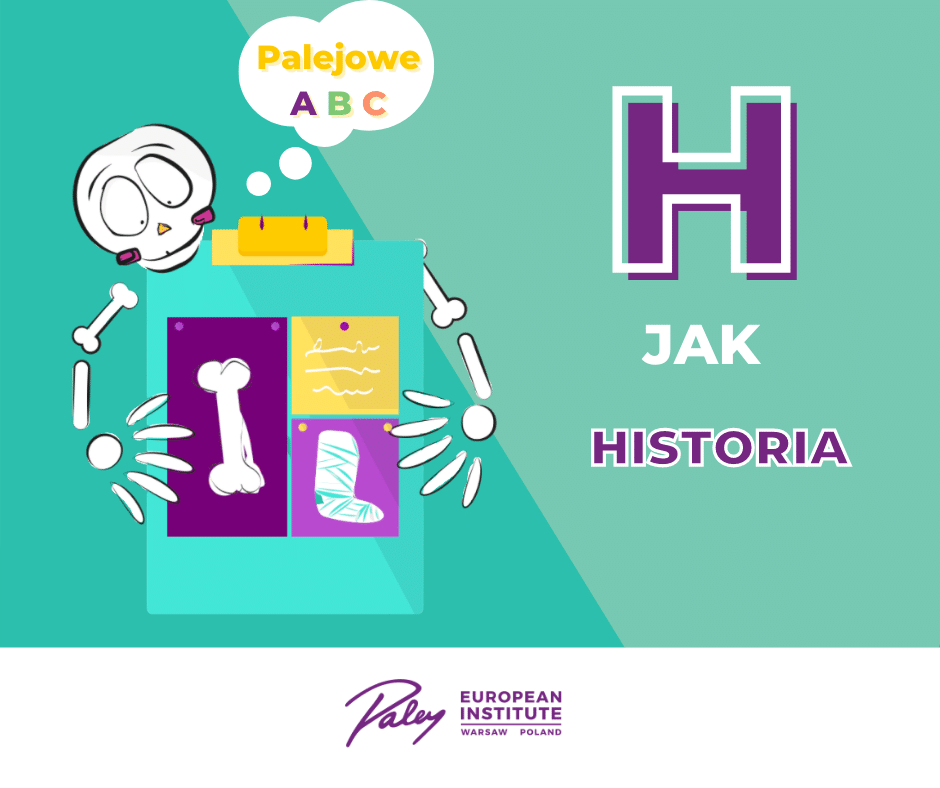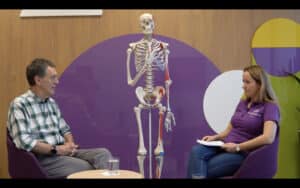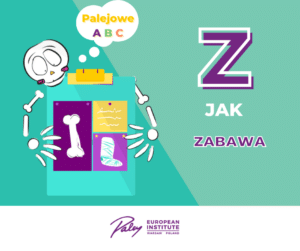We make choices and decisions based on what seems best to us at the moment or what we have access to. And when an outsider thinks that there is only one solution and there is nothing to think about, it is not so obvious to the person making the decision. This is because it has a broader perspective. He knows all the background, opportunities, and resources that he and his family have at their disposal.
How many times in your life have you heard words about yourself from strangers that were hurtful and far from the truth? Judging is very easy for many people. Each of us sometimes draws hasty conclusions, judges someone through the prism of one unfortunate situation or first impression, replies to a story that did not happen, or accepts someone’s views and opinions as facts. This is how cognitive errors and distortions which are useful and helpful in the short term work.
In everyday, mundane matters, quick assessments help us make decisions, but in case of important matters, they can lead us astray. As human beings, we tend to overestimate our ability to accurately assess situations and others. At the same time, we think others are wrong, but we are not. We believe that our insight and accuracy in assessments is much greater than that of the average person. We explain people’s behavior primarily by their character and constant characteristics, without taking into account the circumstances in which they find themselves.
Our mind likes to take shortcuts, hence the ease of making judgments and interpreting situations to suit our approach to the world and to confirm what we think about it. There would be nothing wrong with that if people realized that this is how they often function. However, when we think we know the whole story and that gives us the right to judge, we are far from the truth. The belief that we know more about others than they do about us has a name – it is the blind spot error described by Professor Emily Pronin. Based on their thoughts and experiences, people tend to overestimate their objectivity. Thus, some conflicts and false judgments about others often arise out of our confidence that we already know the whole story and that a wider perspective simply wouldn’t be possible.
Parents, their choices, decisions, and even how they dress their children and what they buy for them and for themselves in the store are constantly subject to criticism. In fact, no matter what they do, there will be someone who will question the sense and effectiveness of their actions. In a situation where a family raises funds for treating a child, commenting on their purchases, what they do in their spare time, or what car they drive is highly inappropriate, and it still happens too often. Without knowing the entire family history, it is easy to judge how people should run their lives.
When viewed from the outside, many things seem simpler than they really are. Even if we have personal experience of a certain situation, we cannot say with certainty what we would do next time. The decision, and then acting under its influence, depends on many factors – the people around us, our well-being, and even what happened a few hours earlier. We are not able to predict how we will behave and what emotions will accompany us. Recall how many times you acted irrationally, and when you cooled down, it was hard for you to understand why. Therefore, although we are wrong ourselves, we are often convinced that we know what another person is going through, what he experiences and what he should do. Reasoning from snippets of information is risky and error-prone.
So the next time you hear bad words, think about your whole story. Recall in your mind your experiences that brought you to this place where you are now. Nobody from the outside has experienced what you have, so although they think they know what you’re up against, they don’t know it. Look at your baby and hug him lovingly. Just like you, it also has its own unique history.
And when someone puzzles you in a store or waiting room, immediately after automatic thoughts about that person come to your mind, think that maybe they too have a demanding period in their life. We do not know what happened that she behaved in this and not the other way. We don’t know the whole story.
Pronin E., Kruger J., Savtisky K., Ross L. (2001). You don’t know me, but I know you: The illusion of asymmetric insight, Journal of Personality and Social Psychology






